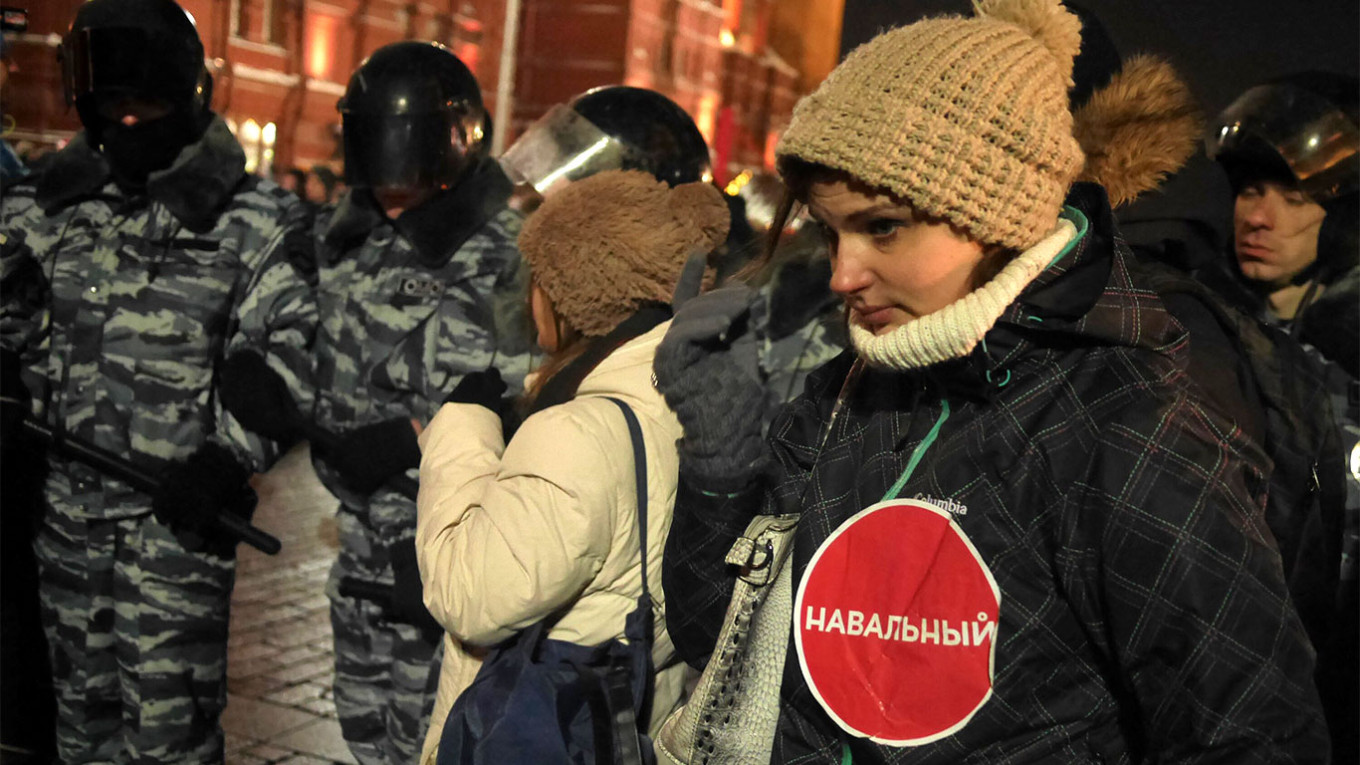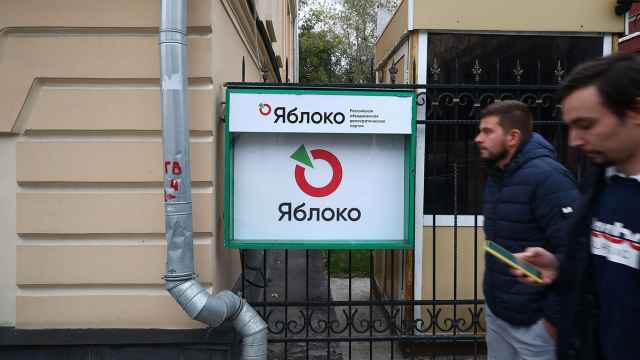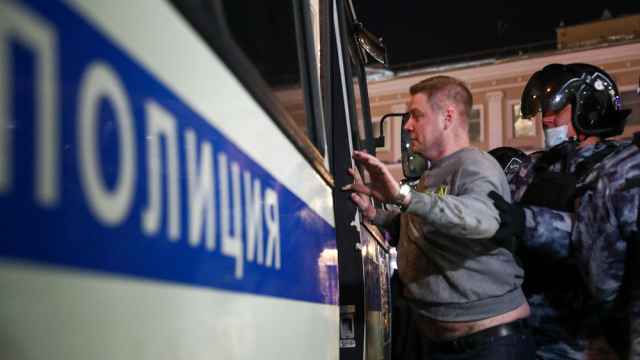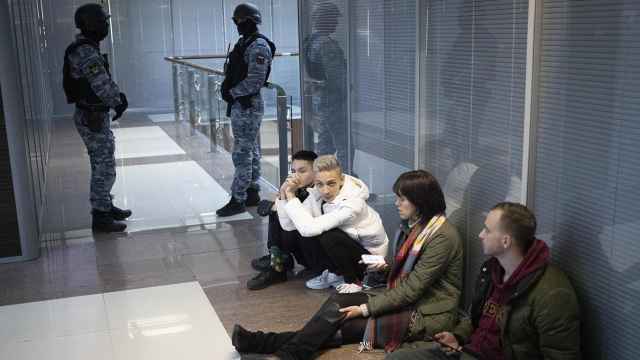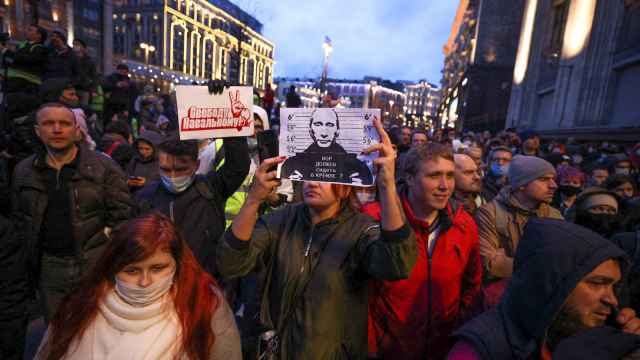Alexei Navalny was undoubtedly the brightest star in the Russian opposition. However, for all his charisma and energy, he failed to unite the entire opposition (or at least the majority) under his banner. Nor did he strive to, often taking an extremely tough and uncompromising stance.
His associates in the Anti-Corruption Foundation (ACF), who position themselves as the main opposition force, take the same approach. They have repeatedly shown their unwillingness to work with or even appear alongside other opposition movements, such as supporters of Maxim Katz, Mikhail Khodorkovsky, and other opposition figures and movements.
Instead of demonstrating collaborative leadership, the ACF sidelines the opinions of people outside the organization as if they are of little interest. If this approach continues with Yulia Navalnaya – and her statements so far indicate it will – it would be extremely naive to expect that she will be able to unite Russia's diverse opposition.
Russia is in dire need of responsible politicians who can grasp the demand for fresh solutions, including a way to represent Russians abroad. There needs to be a widely supported organization that would defend the interests of the Russian people instead of the oligarchs. Such a group could also work with the West in potential future negotiations with Moscow.
The opposition's main problem is that it lacks a vision for its role in the current political process. During the two years of war, opposition leaders have not put forward any sane plan of action, supported by a majority of Russians inside or outside the country. Instead of coming up with a vision to offer international partners, they have focused on producing an endless number of YouTube videos.
The only exception is their call for a protest vote in the upcoming presidential election. Yet there is little talk about what to do after Putin claims a third consecutive term.
Russians who oppose the Putin regime are united by a negative agenda - they have roughly the same idea of what they are fighting against. However, there is no positive plan for building a new democracy after Putin, as if they expect a perfect system to build itself. Boris Yeltsin rode to power on the wave of a similarly utopian view of democracy in the final days of the USSR. Whether he built a real democracy in Russia is a separate matter. However, history shows that nobody learns the lessons of the past.
Conceptual reports with more elaborated ideas of democracy building are appearing, but even they are met not so much with professional criticism as with rejection of the personalities of their authors. Russian opposition politics is as much a cult of personality as Putin’s regime. If you look closely, Russians on both sides of the war are remarkably similar in their approach to politics: they tend to cluster around figureheads rather than ideas and principles.
The problem lies in the fact that the Russian opposition still behaves like activists, with a black-and-white perception of the world, rigid adherence to an ideology, and an intolerance of other opinions. Activists can only become politicians when they are ready to offer a positive picture of the future to as many people as possible. Relying on fanatically devoted supporters is a direct path to marginalization and oblivion.
Russia is in dire need of responsible politicians who can grasp the demand for fresh solutions, including a way to represent Russians abroad. But the opposition is largely made up of relatively young people with naive views and little experience. They are mostly driven by emotions rather than reason.
It is only natural that reasonable people rarely choose to pursue opposition politics under Putin’s rule since it promises little success. Instead, they would go into business or look for better opportunities abroad. The vacuum they leave behind has always been filled with boys and girls who hate injustice but are led by their hearts, not heads.
Interestingly, virtually all oppositionists declare their commitment to rebuilding Russia along democratic principles. But these are the result of a complex multilateral dialog within society, between different political forces, thanks to which it is possible to take on board the interests of the most diverse social strata and groups and thus ensure the stable development of society.
Therefore, refusing to meet with potential allies, as well as rejecting any criticism, indicates that you are not ready for any form of leadership. Unfortunately, this tactic is characteristic of many oppositionists, most notably Navalny's team. If we want to see democracy in the “ beautiful Russia of the future”, we must start learning them now.
The average Russian opposition organization also lacks transparency. As a rule, nothing is known about the composition of their members and staff, except for their leadership. Information about their funding, especially about major donors, is also generally unavailable. Moreover, in the absence of elections and other democratic mechanisms, there is virtually no way to keep them in check
All this disconnects the opposition from potential voters. Politicians risk finding themselves in their own information bubble, mistaking the backing of a relatively small number of vociferous supporters for mass approval.
Could the ACF create some kind of government in exile built on Navalny’s legacy? Any legitimate government must be trusted by a significant number of people. Navalny did not even enjoy the support of the majority of the opposition.
Then, you have his successors in charge of the ACF, who repel people with their rudeness, fanatically aggressive fans, and insistence on defending their status as the main opposition force, without doing anything for the people they claim to represent.
Of course, on the wave of emotional upheaval, one could try to declare Yulia Navalny president in exile. But this would quickly raise questions about who made the decision, and why nobody else was asked. A mandate from the people is needed, not a hereditary transfer of leadership. Such a monarchial approach is unlikely to help Russian democracy.
It would not be complicated to set up a way to elect a leader for the opposition. But its leaders are, of course, skeptical of allowing any such competition. After all, today they exist independently of their supporters, who have no leverage except for social media activity. In this way, the Russian opposition resembles its main enemy – Putin, who professes his belief in democracy but does not allow the people to decide on issues.
It can be changed by concerned Russian citizens. Of course, first of all, such people may be those who have left Russia, because it is easier and safer for them to create new forms of political interaction.
The Russian opposition, whoever leads it, must form a unified position on three key issues.
The first is a strategy for engaging in the international struggle against the Putin regime. How can Russians effectively contribute to the opposition’s efforts? How can the Russian opposition achieve political agency and gain the legitimate right to speak on behalf of hundreds of thousands of emigrants and then millions of fellow citizens who remain in Russia?
Second, it needs to attract Russians to its cause. How to retain the sympathy of opposition-minded Russians? How to influence and attract those who are hesitant?
Finally, the opposition must work out how to attract at least some of Putin’s supporters. This is important for winning over a majority of the population. But this must also include members of the security apparatus.
It is no secret that the continuing support for Putin is based largely on the fear that whatever comes next could be worse. Fear of the unknown prompts them to stick with the familiar.
People need to be given a clear picture of what will happen after Putin's departure and how dismantling his regime will benefit them. Will the regime’s employees believe they have nothing to lose by turning against their paymasters? What will the opposition do to people who were mobilized or even volunteered to take part in the war? Will they be prosecuted as enemies of the state? The opposition needs to understand the worries of key parts of Russia’s society and outplay Putin on his own turf.
In essence, we need a program of national reconciliation to make sure Russians with diametrically opposed views can live in the same country. This is the main question on today's agenda. The answer to it is the key to political success.
The third is how the Russian opposition would end the war if they came to power. How and at whose expense will the material damage inflicted on Ukraine be compensated? The opposition would also need to work out how to negotiate with the West for sanctions to be lifted. These negotiations could include difficult concessions like demilitarization or other requests that limit Russia’s sovereignty. What foreign policy would the opposition develop, and how would they convince Western capitals that supporting Russia’s new democracy is in their interests?
These are only a small part of the questions Russia’s opposition needs to ponder. Without a clear answer to them, one can hardly expect Russia’s population and the international community to give the opposition their backing. More importantly, the opposition must be united in their intentions. If they are divided, then no matter how many reasonable voices there are, they will always be drowned out by more hawkish personalities.
Considering this volume of tasks, it is essential that all opposition forces form a coalition and develop a joint vision. Without taking these steps, the Russian opposition is doomed to become nothing but mouthpieces and bloggers with no influence and agency where it really matters.
A Message from The Moscow Times:
Dear readers,
We are facing unprecedented challenges. Russia's Prosecutor General's Office has designated The Moscow Times as an "undesirable" organization, criminalizing our work and putting our staff at risk of prosecution. This follows our earlier unjust labeling as a "foreign agent."
These actions are direct attempts to silence independent journalism in Russia. The authorities claim our work "discredits the decisions of the Russian leadership." We see things differently: we strive to provide accurate, unbiased reporting on Russia.
We, the journalists of The Moscow Times, refuse to be silenced. But to continue our work, we need your help.
Your support, no matter how small, makes a world of difference. If you can, please support us monthly starting from just $2. It's quick to set up, and every contribution makes a significant impact.
By supporting The Moscow Times, you're defending open, independent journalism in the face of repression. Thank you for standing with us.
Remind me later.



